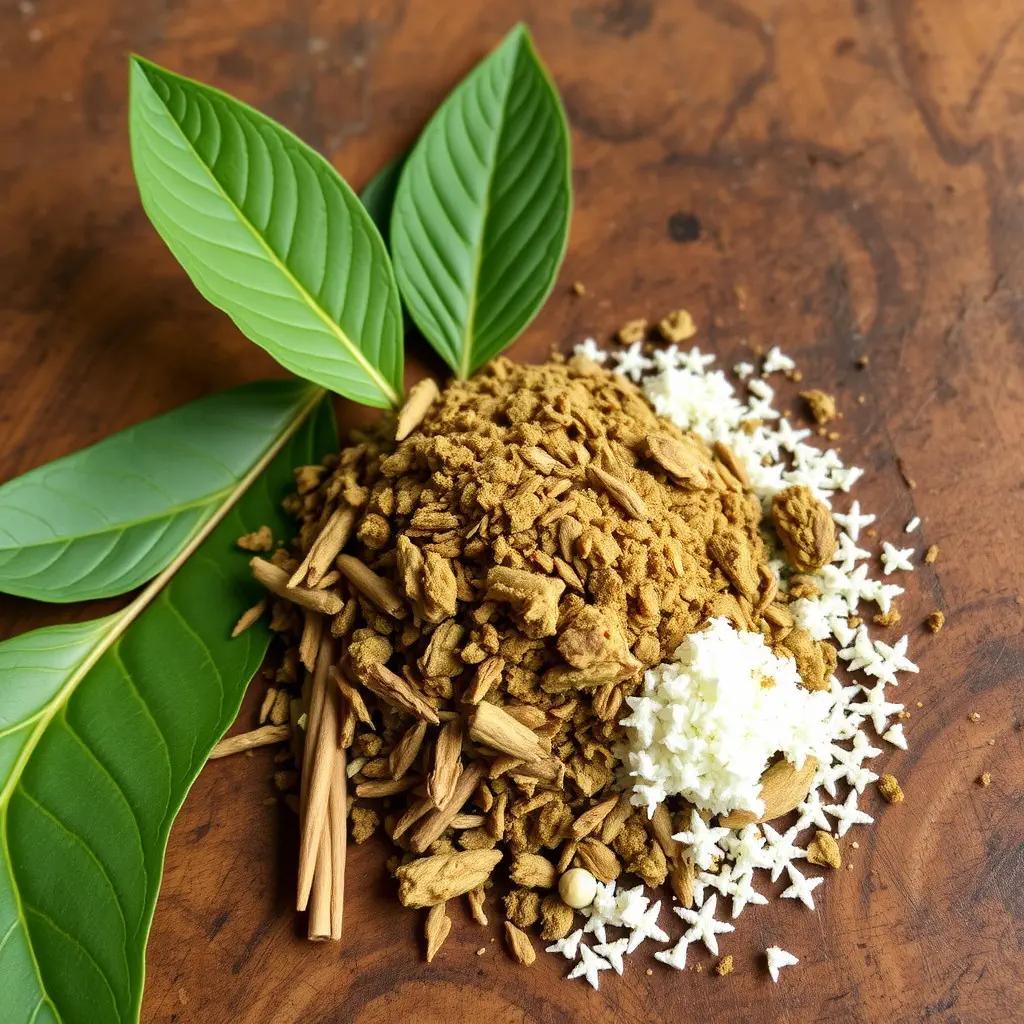In Indiana, the indiana kratom law allows personal possession and use of kratom but strictly regulates its sale and distribution. This balanced approach aims to protect consumers from unsafe products and counterfeits while ensuring responsible access to this natural herb. Kratom, known for its potential performance-enhancing properties, contains alkaloids like mitragynine and 7-hydroxymitragynine that interact with opioid receptors. Users claim benefits ranging from energy boosts to pain relief, but caution is advised due to varying responses and ongoing research into long-term effects. Safe use involves recognizing individual variations in effects, considering dependence risk, starting with low doses, and consulting healthcare professionals, especially for those with pre-existing conditions or on other medications.
“Unleash your full potential with a closer look at kratom—a natural herb gaining traction as a performance enhancer. This article navigates the intricate world of Indiana’s kratom law, shedding light on its growing popularity and purported benefits. We explore how this ancient remedy might revolutionize energy levels, focus, and productivity, offering a unique alternative for those seeking an edge. However, safety is paramount; we delve into responsible use practices to ensure positive experiences while emphasizing informed choices regarding Indiana’s kratom legal status.”
- Understanding Kratom and Its Legal Status in Indiana
- Exploring the Potential Benefits for Performance Enhancement
- Safety Considerations and Responsible Use of Kratom
Understanding Kratom and Its Legal Status in Indiana
Kratom, a natural herb derived from the Mitragyna speciosa tree, has gained popularity for its potential performance-enhancing properties. In Indiana, the legal status of kratom is an important consideration for anyone looking to use it. The state’s kratom law allows for the possession and use of kratom in various forms, including powder, capsules, and extracts. However, selling and distributing kratom are regulated and must adhere to specific guidelines.
It’s crucial to understand that Indiana has implemented restrictions on the sale of certain kratom products due to safety concerns and potential misuse. These regulations ensure that consumers have access to safe and legal kratom while preventing the distribution of contaminated or counterfeit products. As such, individuals in Indiana should familiarize themselves with the local kratom law to ensure they are using this herbal supplement responsibly and within the legal framework.
Exploring the Potential Benefits for Performance Enhancement
Kratom, a natural herb with a rich history in traditional medicine practices, has gained modern attention for its potential performance-enhancing properties. While it has been used for centuries in countries like Thailand and Malaysia, the Indiana kratom law has regulated its sale and possession, reflecting both its benefits and risks. Many users claim that kratom boosts energy levels, enhances focus, and improves productivity, making it an intriguing option for those seeking a natural alternative to conventional stimulants.
The herb’s unique chemical composition, including alkaloids like mitragynine and 7-hydroxymitragynine, is believed to interact with opioid receptors in the brain, potentially offering a range of effects from pain relief to heightened alertness. These compounds may contribute to improved mental clarity and physical endurance, making kratom an appealing choice for individuals looking to enhance their productivity during workouts or study sessions. However, it’s crucial to approach this topic with caution due to varying individual responses and the ongoing research into its long-term effects.
Safety Considerations and Responsible Use of Kratom
Kratom, a herb native to Southeast Asia, has gained popularity for its potential performance-enhancing effects. However, before incorporating it into your routine, especially in states like Indiana with its specific kratom law, it’s crucial to prioritize safety. The Indiana Department of Health regulates the sale and possession of kratom, ensuring consumers access legal and safely sourced products.
Responsible use involves understanding kratom’s effects vary among individuals, and there’s a risk of dependence. Always start with a low dose and consider consulting a healthcare professional, especially if you have pre-existing health conditions or are taking other medications. Staying within the recommended dosage ranges and being mindful of potential interactions can help ensure a safe and beneficial experience without adverse consequences.
Kratom, a natural herb with a complex legal status in Indiana, has sparked interest for its potential performance-enhancing properties. While some individuals leverage it for energy and focus, safety remains paramount. Responsible use involves understanding the variable effects, adhering to local regulations like the indiana kratom law, and consulting healthcare professionals. Further research is needed to unlock its full potential while ensuring user safety.






